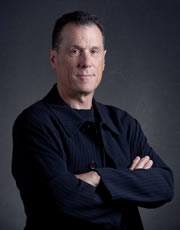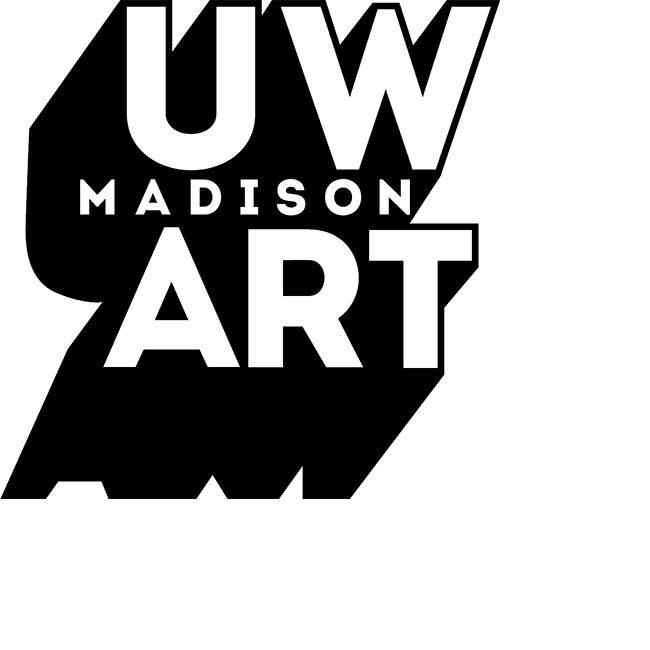 As I write this, I am in Limerick Ireland, flying home tomorrow in time to vote.
As I write this, I am in Limerick Ireland, flying home tomorrow in time to vote.
Knowledge of all kinds is rapidly becoming decentralized; seemingly flowing rhizomatically in all directions. The metaphor of the “world-wide-web” (as we know) has become literal, superseding distance, time zones and language (as I write this from Ireland, I am streaming CNN and hearing about the latest election news) and culture of all kinds is driven by increasing amounts of readily available “knowledge.”
Art writing and the movements that accrue with such critical thinking are equally decentralized: periodicals, newspapers (The New York Times, Wall St. Journal, London Times, etc.) on-line, social media platforms, radio (NPR, etc.) have no geographic anchors, they flow freely on-line and through peer-to-peer re-posting. As art has become decentralized so has critical thinking, criticism, theoretical and aspirational forms of writing. Streaming media allows for a constant flow of art documentaries, profiles, fictionalized accounts of art and artists and art media-based itself. In the same way that Abstract expressionism entered the greater public consciousness through Life Magazine’s profile of Jackson Pollock in 1949, so too does the equivalent of today’s “avant-garde” enter public discourse through media of all kinds, in the social sphere.
One of the strikingly noticeable differences here in Ireland is the normative expectation that local and regional governments support the arts. While comparing one culture to another in isolated pieces is not beneficial, the possibility of dependable funding for the arts creates a sense of belonging and community among those in the arts. It also signals to the general population that that the arts have relevancy and that the kind of creative problem solving that artists engage in adds real value to the constituencies that help to provide such funding, i.e., the public sector.
It has been both interesting and educational being out of the country this week and following the election coverage through a combination of local media and streaming news from the States. As one might imagine, the international group of artists attending the festival I am at here in Ireland are puzzled by our politics and also quite worried by our current state of affairs. The outcome of our election means a lot to the rest of the world. It is also striking how much my colleagues here (not just from Ireland, but from France, Canada, Israel and elsewhere) know about the politics of the United States. They have been closely following the run up to our election and have an awareness of our political culture that far surpasses what we know about Brexit, for instance.
Interactions with artists and art communities abroad make it clear that the decentralization of both art and knowledge production; the new egalitarianism that we often take for granted, is enabling huge cultural changes making both art and politics increasingly global and interdependent. That is a big responsibility for us all.
Douglas Rosenberg
Chair of Art
